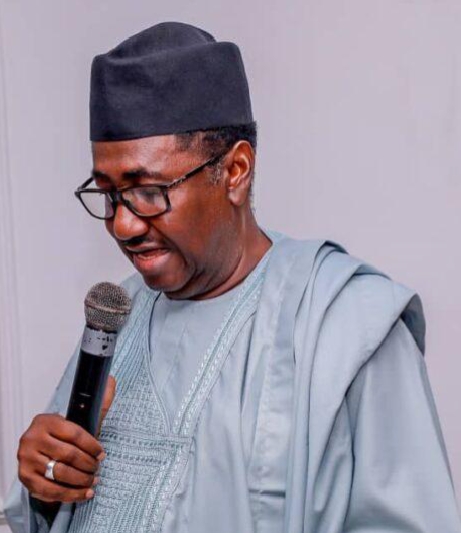Rejecting the Path of Violence: Condemning the New Wave of Coups in Africa. By Chidi Ekeh

Chidi Ekeh
In recent years, Africa has witnessed an unsettling resurgence of military coups, with West and Central African countries finding themselves engulfed in political turmoil and economic uncertainty. The frequency of these coups has spiked, highlighting a concerning trend that threatens the stability and well-being of the continent. While it is true that maladministration by democratically elected leaders has, in some cases, created an atmosphere of frustration, it is crucial to unequivocally condemn the option of seizing power with the gun.

The repercussions of such actions, however justifiable they may seem under certain circumstances, are dire and far-reaching, extending beyond political upheaval to profound economic and societal consequences.
It is undeniable that Africa has faced its share of leadership failures, with governments plagued by corruption, inequality, and inadequate governance. This landscape of maladministration has at times led to a sense of disillusionment among citizens, prompting some to view military coups as a legitimate means of instigating change. However, resorting to violent seizures of power only exacerbates the problems at hand, causing even more harm to the very populations these coups purport to rescue.

One cannot ignore the fact that the surge in coups is linked to conditions of poverty and economic struggle in many African countries. Poverty, coupled with poor economic performance, has provided fertile ground for dissent and instability. Nevertheless, the solution does not lie in trading one form of instability for another. The consequences of military coups often transcend the immediate political upheaval, leading to a downward spiral of economic decline, increased poverty, and disruption of daily life.
One of the most evident and detrimental impacts of coups is the subsequent economic decline. The very instability that coups bring about disrupts key economic activities such as agriculture, oil production, and mining. The result is a slowed economic growth trajectory, further exacerbating poverty and undermining the potential for sustainable development. The coups also scare away foreign investment, as instability and unpredictability deter investors, leaving countries economically weakened and isolated.
Coups not only shatter the economic foundations of a country but also disrupt daily life in profound ways. Educational institutions are forced to close, businesses grind to a halt, and curfews are imposed, all of which damage the fabric of society. The ability to access education, healthcare, and essential services becomes compromised, disproportionately affecting the most vulnerable populations.

Furthermore, the political instability that follows in the wake of coups poses a substantial threat to the well-being of citizens. The suspension of constitutions, dissolution of governments, and uncertainty about the country’s future undermine the stability and security that citizens require to thrive. In an ironic twist, the very quest for stability that might motivate some to support coups is upended by the resulting turmoil and unpredictability.
The recent wave of coups has garnered mixed reactions from the populations of the affected countries. While some might find momentary relief or hope for change in the face of a coup, it is crucial to recognize that these reactions are often transient. The promise of a better future often devolves into a cycle of instability, leaving citizens worse off than they were before. As such, the citizens’ desire for change must be channeled into legitimate and peaceful avenues that can lead to lasting improvements in governance and societal well-being.
In the context of the African continent, it is important to acknowledge the role that former colonial powers might play in these coups. The suggestion that certain countries may have an interest in perpetuating instability in their former colonies cannot be overlooked. However, attributing the entire blame to external factors risks oversimplifying a complex issue. It is essential to hold all responsible parties accountable, whether domestic or international, while focusing on the well-being of the citizens who bear the brunt of the consequences.
To ensure a brighter future for Africa, the rejection of military coups as a solution is imperative. The negative impacts of coups on the economy, daily life, and political stability of countries are too significant to ignore. It is vital that African nations invest in strengthening democratic institutions, promoting transparency, and creating pathways for citizen engagement. Sustainable change is not achieved through the barrel of a gun but through collaboration, inclusivity, and respect for the rule of law.
In conclusion, the recent surge of coups in Africa demands a strong condemnation of the use of force as a means of seizing power. While the frustration with maladministration is understandable, the consequences of coups are far-reaching and devastating. Economic decline, increased poverty, disruption of daily life, and political instability are just some of the grave repercussions that follow in the wake of military takeovers. The people of Africa deserve better—a future of stability, prosperity, and governance that truly serves their interests. The path to change lies not in the hands of a few, but in the collective will of a united and determined populace.
Chidi Ekeh writes from Abuja




